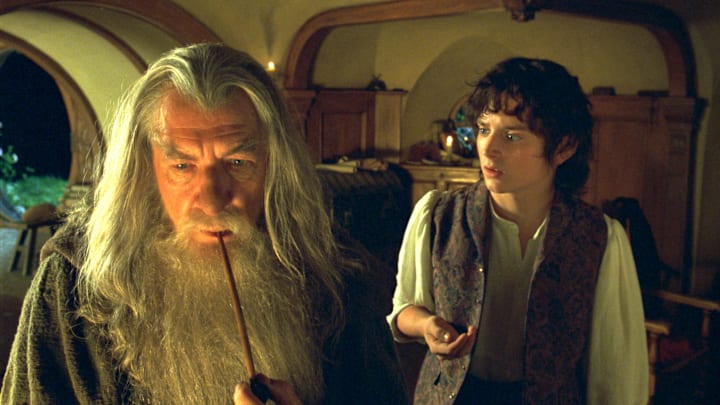Hollywood loves to take books and turn them into movies. On the surface, this seems like a good idea, but often, so many changes are made to that book that it becomes unrecognizable by the time it hits the big (or sometimes, the little) screen.
Sometimes, those changes are understandable. Books are almost always better and have details that can often get lost when converted to a movie. It's hard to convert a book that might be four or five hundred pages long into a two-hour feature film. It can be frustrating, however, when those things that are changed or left out, change what was so good about the book.
The moviemakers who have the most success or those who know what to leave out. Sometimes, there is something in the book that is interesting to readers but isn't necessary to the overall tale. A smart script writer will figure those things out and streamline the story accordingly.
There have been a number of movies that did a great job of adapting the fantastic source material into a fine film, or films.
Iconic books adapted into incredible movies
Book: To Kill a Mockingbird by Harper Lee, 1960
Movie: To Kill a Mockingbird, 1962
The impact this book and movie had on the Civil Rights movement in the 1960s can't be fully known or measured, but undoubtedly it opened eyes to the nature of conditions in the Deep South race relations.
The book was set in a small town in Alabama in 1936 when the country was bogged down in the Great Depression. Jim Crow laws were in full effect and by 1960, when the book was published, things hadn't changed all that much.
Both the book and the movie are told with an aura of innocence. Both questioned why things were how they were. Through the eyes of the young girl, Scout, and her lawyer father, Atticus, readers and audiences see the injustice of a black man falsely accused of raping a white woman. Where the black man's word counted for nothing when set against the word of his white accusers.
Atticus Finch has to be one of, if not the greatest, of all American literary heroes. That heroism was masterfully transferred from page to screen by Gregory Peck, who was stunningly and believably perfect for the role. Who will ever forget his sonorous voice in the courtroom scenes as he picked apart the stories of the accuser and her father?
The book won the Pulitzer Prize in 1961 and the movie garnered three Oscars. Peck deservedly won Best Actor, and the screenplay also won a statue.
Seldom does a movie exactly translate the tone, the feel, the essence, and the message of the book as well as it was done for To Kill a Mockingbird. Both versions of this brilliant piece of Americana hold up today and serve as a tiny window to bring audiences into a world into which we hope never to return as a society.
